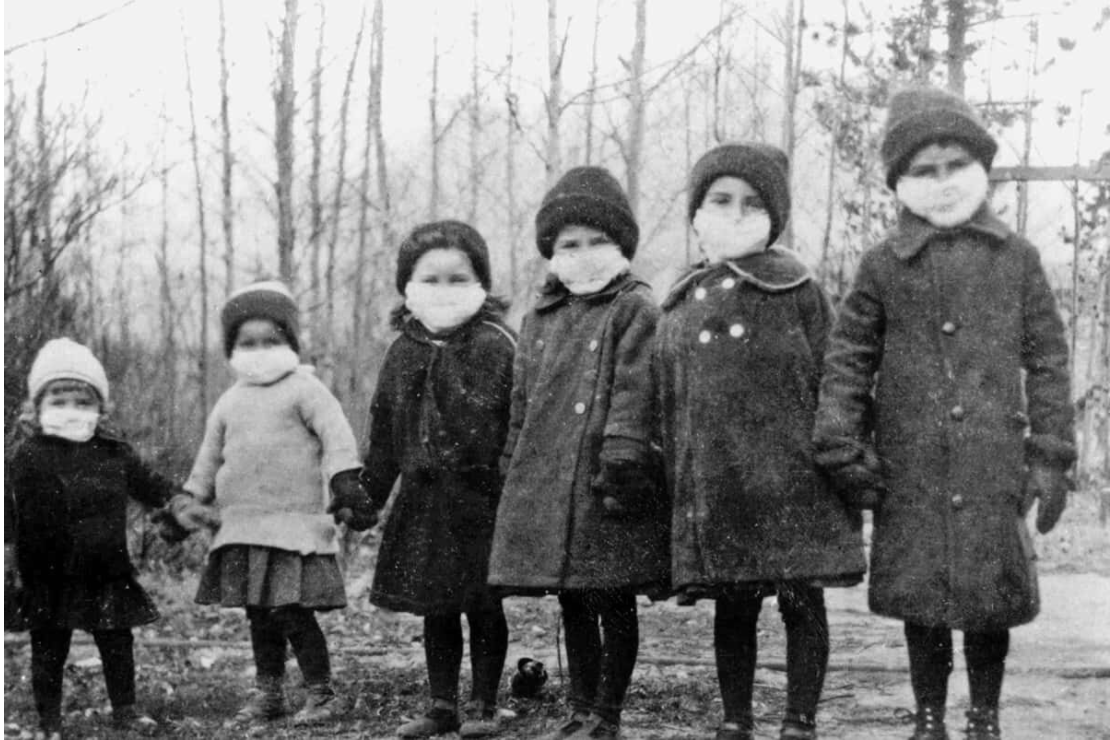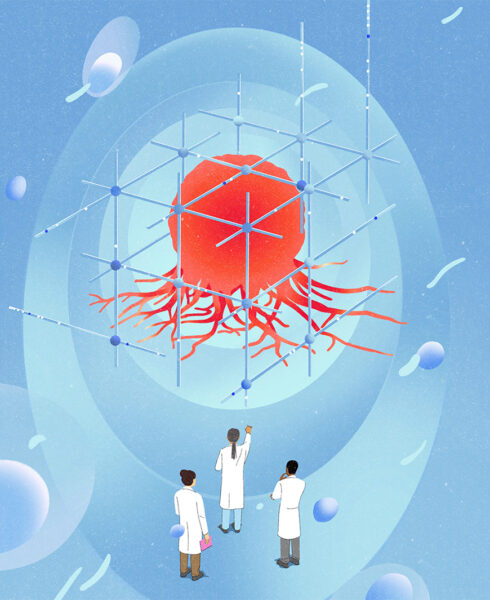As an expert on public health, professor emeritus and epidemiologist Timothy Sly is used to teaching his students about pandemics of the past. But then COVID-19 came along – a global health disaster the likes of which hasn’t been seen in 100 years – and suddenly Sly found himself referring not only to history books but also to daily news reports.
It soon became clear, however, that COVID-19 was not merely a replay of past pandemics, even those caused by coronaviruses. For starters, “as many as half, perhaps possibly even as many as 70 per cent of the virus-positive people don’t have any symptoms,” says Sly. “This is why containment efforts failed in the beginning.” Even in countries where authorities worked quickly to try to stop the spread of the disease, it was still being transmitted by people who didn’t know they had it. “We’ve never seen this before, to this degree,” he says.
COVID-19 also seemed to be attacking the body in novel ways. “Who would have thought we’d have a respiratory acute-virus disease that could affect your nervous system, your kidneys, your intestines, or your blood pressure? Who would have thought that you’d lose your sense of smell or taste?”





